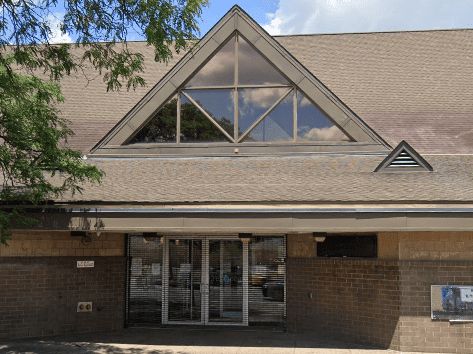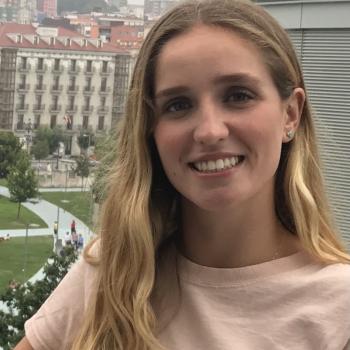The Importance of Patient Advocacy
As I reflect on this past year, I feel so grateful to have had the opportunity to serve at Health Center 6 and to connect so closely with the Latinx patient population in North Philadelphia. Witnessing healthcare disparities and inequality growing up in Chile, I was initially motivated to apply to NHC last year after seeing the drastic impacts COVID-19 had on low-income Latinx families in my community. I began my service year eager to help improve access to healthcare and medical education in underserved communities during the pandemic. Since then, my interactions with patients and healthcare providers at Health Center 6 have given me a completely new insight into the dedication and flexibility required to advocate for patients and address the many challenges they face.

As a patient advocate at Health Center 6, I help low-income and uninsured patients obtain needed medications from pharmaceutical companies through the Patient Assistance Program (PAP). My role involves assisting patients with PAP applications and enrollment, dispensing medications, and helping patients schedule and navigate appointments. I also help connect patients to legal and social resources and support COVID-19 vaccination outreach at the health center. Through my daily conversations with patients and their families, I have had the opportunity to see firsthand the countless obstacles patients face trying to navigate the healthcare system while being uninsured, undocumented and/or only Spanish-speaking. In addition to language and cultural barriers, many patients are overwhelmed with increasing pharmaceutical costs, lack of insurance coverage, and limited access to resources and financial assistance.
Understanding these challenges, I have learned several key lessons and acquired vast new tools to advocate for patients during my service term with NHC. I learned early on this year the importance of attentively listening to each individual patient, recognizing that every person’s background and concerns are different and unique. My position as an advocate and navigator also taught me how crucial it is to communicate clearly and effectively. As part of a team of providers, I found that asking questions and communicating often with doctors, nurses, social workers, and legal professionals is essential to ensure patients not only receive their medications on time, but also any additional resources or help they may need. With many steps in the PAP application process, it is also very important to be transparent with patients about expected timelines and to follow-up with them routinely, especially when there are unexpected changes or delays. Having open communication allows patients to ask questions and express their concerns when necessary, empowering and enabling them to feel more involved in their own care.
Throughout this year, my time at Health Center 6 has made me deeply understand the importance of patient advocacy and the critical role healthcare professionals play in voicing patients’ concerns and in promoting equitable access to healthcare. Motivated by the patients and healthcare providers I worked with at Health Center 6, I am excited to continue to apply these lessons and to also find new ways to advocate for patients in the future.
